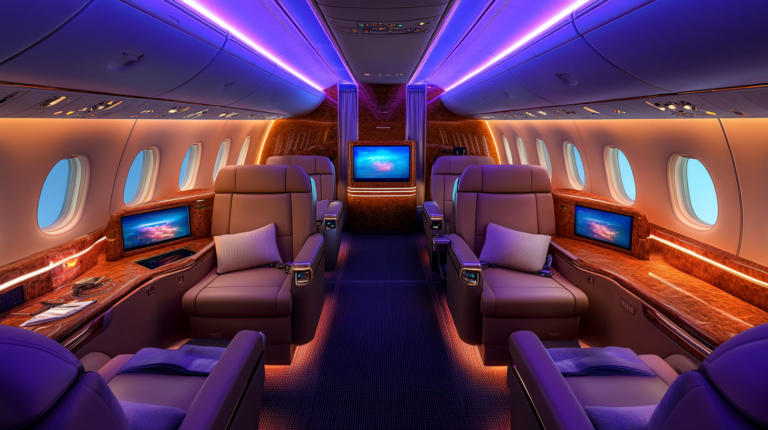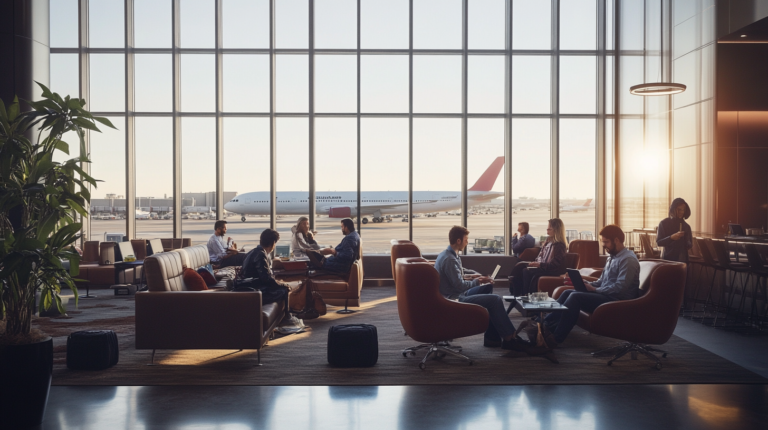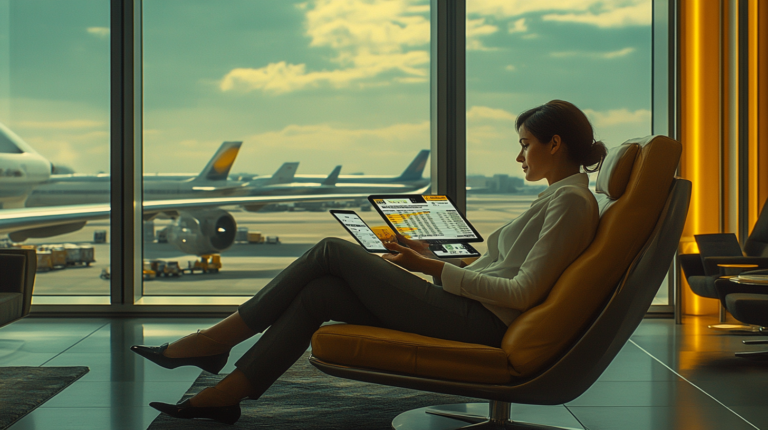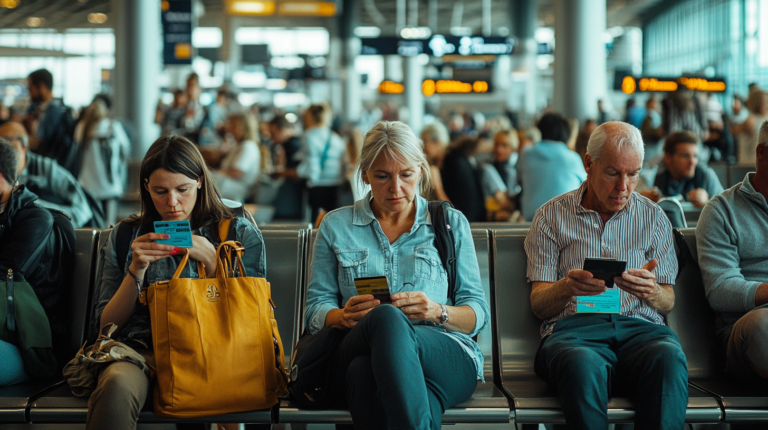Business Travel: The Frequent Flyer’s Essential Overview
What Is Business Travel?
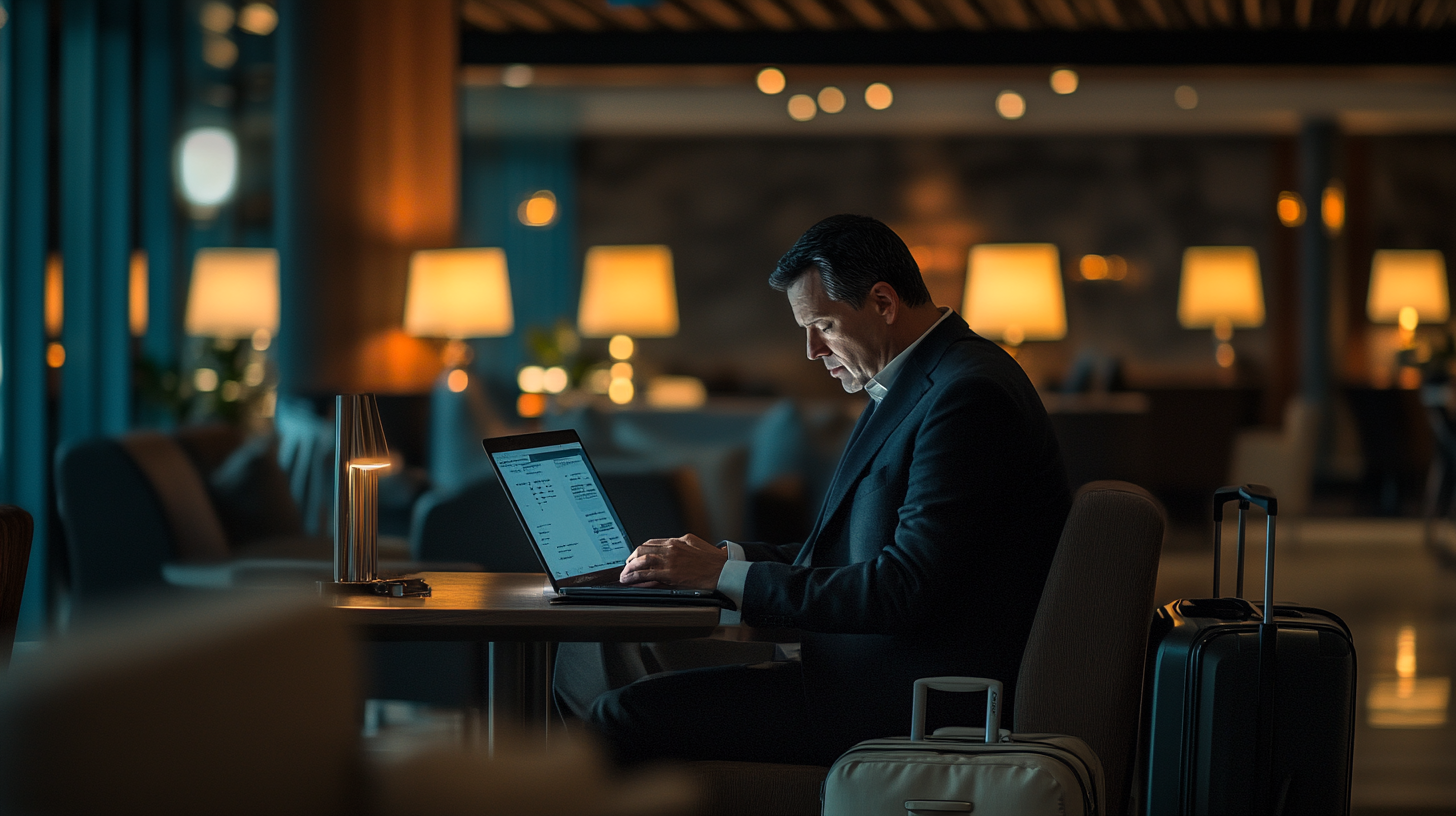
I like to think of business travel as a dedicated journey that goes beyond a simple work commute. It’s that space where deals are secured in person, conferences turn into networking gold mines, and site visits become the breeding ground for big ideas. According to a 2024 Global Travel Alliance report, these trips are essential for cultivating relationships and influencing how companies expand, especially when setting foot in new markets. From my own observations, it’s not just about booking a hotel and hopping on a plane—it’s understanding how cultural nuances, local customs, and even time zones can impact negotiations.
Over the years, I’ve noticed that many organizations rely on face-to-face meetings to gain trust and credibility with partners. Whether you’re attending a major trade show or flying halfway around the world to meet a potential client, business travel can solidify important connections that virtual meetings sometimes can’t replicate. It’s this in-person dynamic, fueled by real smiles and genuine handshakes, that helps forge new paths for both established corporations and budding startups.
From a practical standpoint, business travel often involves detailed itineraries and the coordination of expenses like flights, lodging, and ground transportation. In my own travels, I’ve learned that having a robust plan, plus a little flexibility, can mean the difference between a smooth trip and logistical chaos. The challenges can be daunting, but for those willing to step out of their comfort zone, business travel is an exciting gateway to professional and personal growth.
Why It Matters for Frequent Flyers
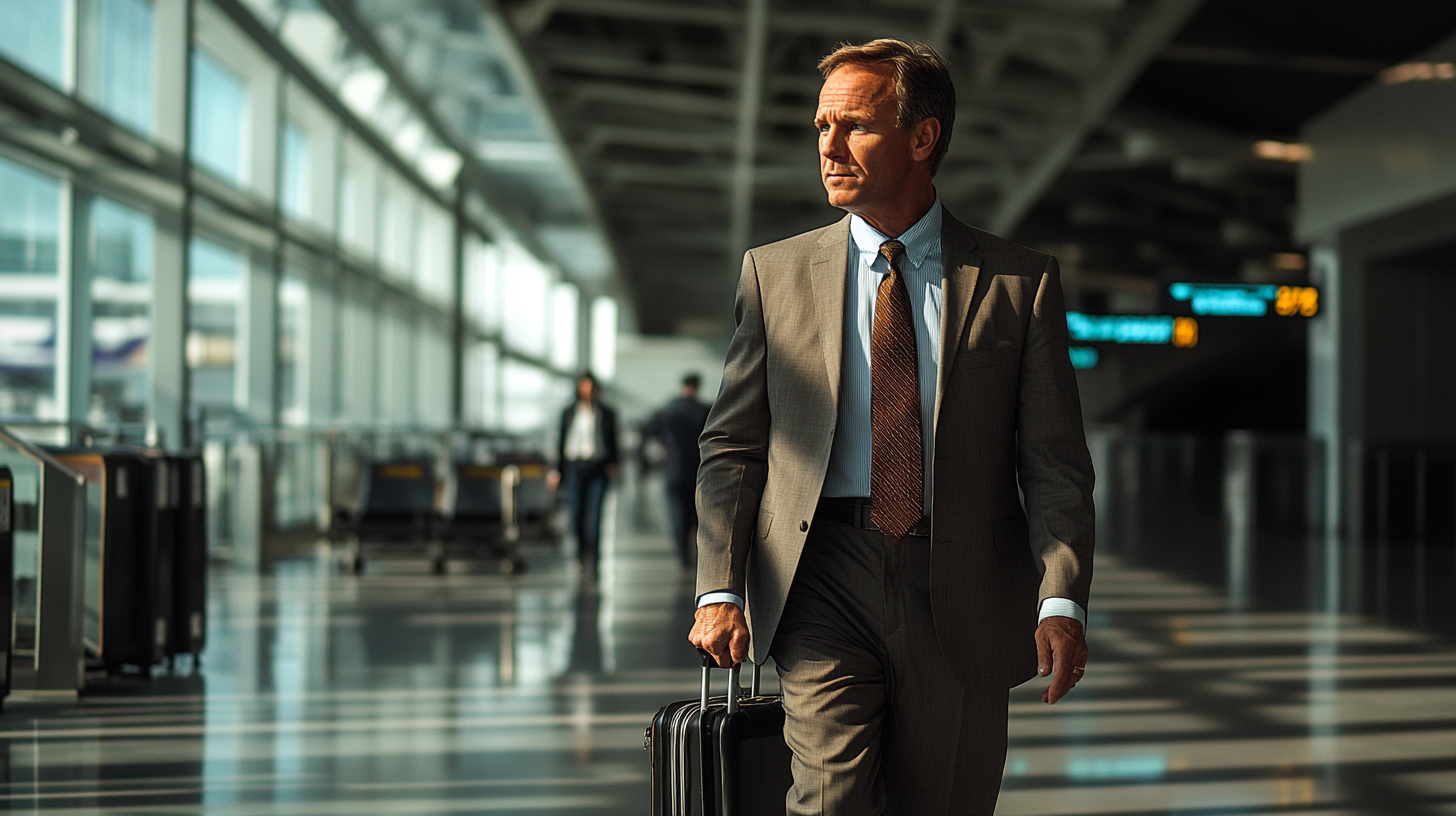
As of 2025, industry analysts still estimate that business travelers account for a significant portion of airline revenue, especially in regions like North America, Asia, and Europe. In fact, a recent study suggests that frequent flyers shoulder nearly half the premium cabin demand, keeping airlines competitive and eager to reward their best customers. It’s no surprise to me that many major carriers have restructured their loyalty programs to cater to business travelers, offering exclusive lounges, higher earning potential for miles, and plenty of seat upgrades.
Why does it matter for all of us hopping from city to city? Because these loyalty benefits can be your golden ticket to enhanced comfort. I’ve enjoyed everything from priority boarding (no more wrestling for overhead bin space!) to upgraded seating, which are perks that make countless hours in the air feel a little more like home. And if you’re strategic about combining work and leisure, you can turn a standard business excursion into a mini-vacation—often referred to as “bleisure.” In my experience, this might mean adding an extra day to explore local markets, museums, or indulge in the local cuisine.
Beyond personal perks, business travel shapes how airlines innovate. As carriers compete for corporate contracts, they roll out improved inflight technology, faster Wi-Fi, and better cabin experiences. For me, that means I can stay connected, well-fed, and even relaxed in transit—crucial perks when every minute counts, both on and off the clock.
Challenges of Being on the Road
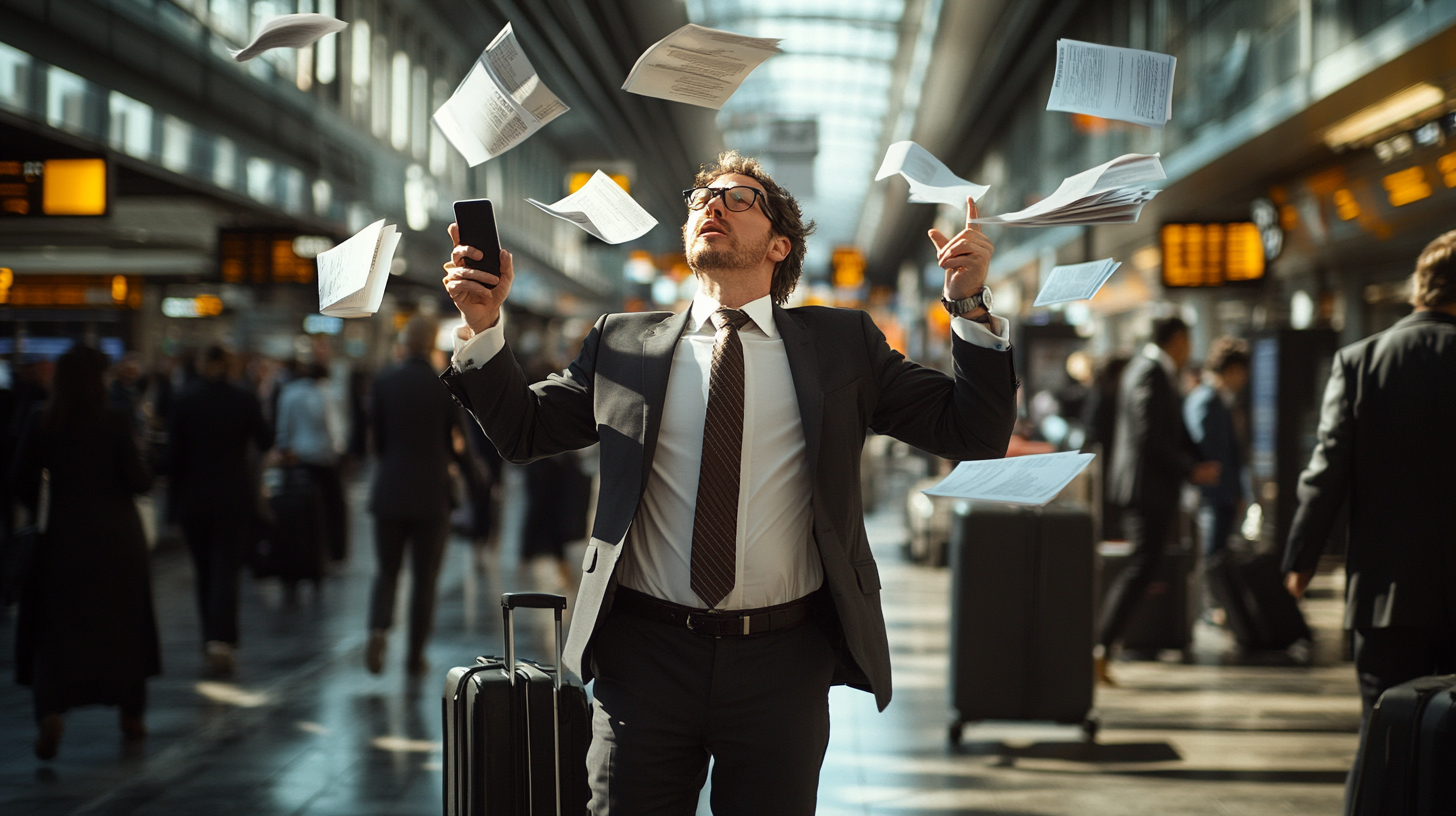
Despite the allure of racking up frequent flyer miles, business travel has its own set of hurdles. I’ve personally struggled with jet lag after crossing multiple time zones in a single week, trying to balance a late-night client dinner with an early-morning presentation. It’s a lifestyle that demands resilience and a keen sense of personal well-being. According to industry data, approximately 30% of frequent travelers report higher stress levels due to constant schedule juggling.
Family life can also take a hit. In my experience, staying connected with loved ones requires more than just a quick video call—it means planning around significant time differences and making an effort to be present, even if digitally. Add to that the concern of unexpected costs. While many expenses are reimbursed, such as flights or accommodations, I’ve found that proper record-keeping and understanding tax-deductible criteria are critical. Mismanaging receipts or mixing personal items into business claims can undermine trust and create headaches down the line.
Managing stress on the go becomes crucial. I’ve seen colleagues adopt healthy travel habits like sticking to an exercise routine or scheduling downtime to avoid burnout. It’s one thing to catch a red-eye flight, but it’s another to bounce back the following morning and give an energetic pitch to a prospective client in a different time zone. Preparation, mindfulness, and learning when to unplug are key.
How Companies Streamline the Process

From what I’ve observed, many companies now rely on specialized travel platforms like BizAway to handle bookings, approvals, and policy enforcement in a centralized way. This not only simplifies expense management but also offers a layer of transparency that can help both the employer and the traveler. A 2025 survey by the Corporate Travel Association found that over 60% of large firms use automated systems to track real-time spending and compliance, reducing financial surprises.
On a practical level, these systems can include direct integrations with airlines and hotels, meaning fewer receipts lost in the shuffle. I’ve even noticed some companies adopting flexible budget guidelines. Instead of forcing employees into a rigid set of flight options, they encourage responsible spending within specified limits. In my own experience, this approach promotes responsible decision-making while giving frequent travelers a sense of autonomy to pick flights or hotels that align with both cost and comfort.
An interesting trend I’ve come across is companies emphasizing sustainability. Some organizations offset carbon emissions for each flight or encourage employees to participate in green initiatives while traveling. I’ve even heard of wellness programs aimed at frequent flyers, offering access to airport lounges with healthier meal options or discounted gym passes near the hotel—small gestures that can make long stretches on the road more manageable.
The Bottom Line for Savvy Travelers

In today’s interconnected world, virtual meetings and remote tools do play a role, but I’ve seen business travel remain a core factor for successful ventures. Whether it’s negotiating a deal in person or building trust with a handshake, those in-the-room moments can’t always be duplicated online. Business travel is a vital bridge to cooperation and partnership, pumping lifeblood into the global economy.
At the same time, it’s crucial to find the sweet spot between maximizing flight perks and safeguarding your physical and mental health. Personally, I’ve found that signing up for loyalty programs, using travel apps to track itineraries, and blocking off downtime in my calendar are small steps that lead to big wins. After all, if frequent flying burns you out, you won’t reap the full benefits of face-to-face connection. Strategic planning and self-care are indispensable for any road warrior out there.
When done right, business travel can be both productive and deeply rewarding. It’s about leveraging technology, forging global networks, and creating a lifestyle that nurtures your ambitions rather than drains your energy. I’ve come to appreciate that balance is the key ingredient in turning business trips into truly meaningful experiences.
Final Thoughts

As global industries become more competitive, the role of business travel continues to evolve, but its foundation remains the same: building real, human connections. I believe those who harness the power of seeing people face-to-face—while maintaining a healthy mindset—will thrive in this ever-dynamic landscape. Whether you’re a seasoned frequent flyer or new to the game, the strategies and insights shared here can ease your journey and help you get the most out of every trip.
Overall, business travel is not just about racking up miles—it’s about embracing the possibilities that come with exploring new places, meeting new faces, and learning something fresh about the world each time you step onto a plane.
Barry B.’s Take
There’s always something electric about stepping onto an airplane knowing you’re off to broker a deal or foster a new partnership. Personally, I find that capturing those in-flight moments of reflection can be just as vital as the destination itself. Keep your eyes open for the unexpected gems—a friendly conversation at 33,000 feet or a quiet corner in the airport lounge might just spark your next big idea.
Ultimately, business travel is about turning ambitious goals into tangible milestones. Every handshake, every new city, and every procedure that streamlines a trip can lead to something better and brighter in your professional journey.
milesBUZZ is your ticket to staying informed, amused, and ready for whatever the skies have in store.



